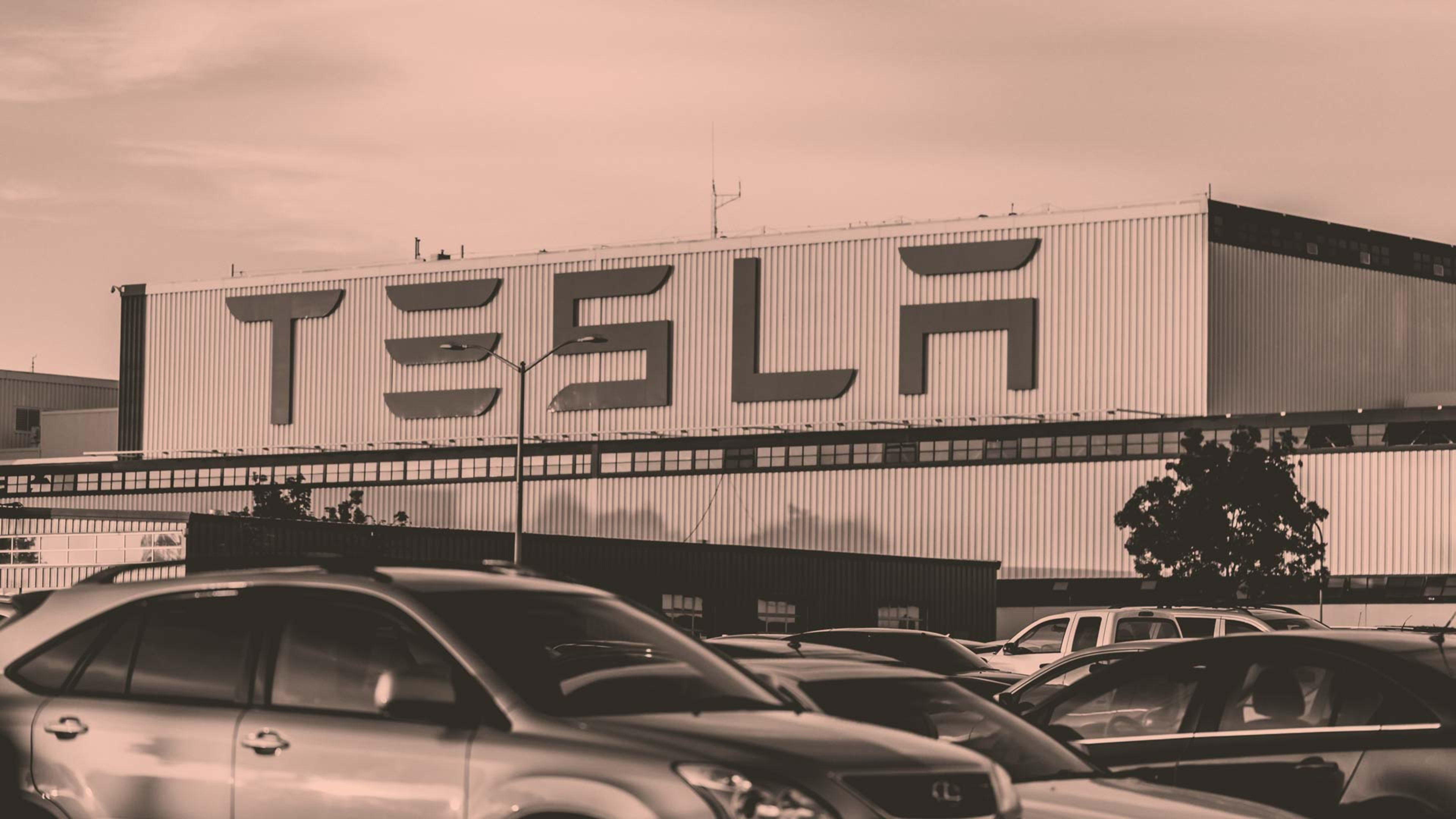Worm Capital, the Austin-based hedge fund and long-time Tesla bull, is pressing its case on the EV maker, saying in a new report Monday that the stock–even at more than $1,000 a share–remains considerably undervalued.
The report, written by Worm Capital partner Eric Markowitz and researcher Cameron Tierney, is the result of a multi-year study of all of Tesla’s businesses–cars, batteries, trucking, and AI–the competitive advantages the company has built up to address the expanding electric vehicle market of the future.
The EV market is already growing quickly. The International Energy Agency says electric car sales more than doubled to 6.6 million in 2021, and that EVs now represent close to 9% of the global car market–more than tripling their market share from just two years earlier. Edison Electric Institute (EEI) estimates there will be 22 million EVs on U.S. roads in 2030.
Telsa, the researchers say, is far ahead of smaller EV makers and large traditional automakers in developing the technology needed to manufacture electric vehicles efficiently. The report stresses that at all points along the way Tesla has sought to build, and, when possible, reinvent, its own components, tools, and factories. For instance, Tesla radically reduced the complexity of making the body of its cars by developing a huge die cast that can press out the two largest parts of the car body in single pieces.
As the demand for EVs increases, Tesla may be able to produce the cars faster and at less cost than any other EV makers. The percentage of cars on the road that are made by Tesla, then, may grow higher. And so may Tesla’s profitability. “With a concurrent expanding margin profile to accompany revenue growth, we expect net income and free cash flow growth to accelerate in the coming years,” the researchers write.
Markowitz and Tierney believe the company’s rapid growth will put it in position to achieve a compound annual growth rate (CAGR) of 50% by 2030. This is far beyond the consensus expectations of equities analysts following Tesla.
“Conventional Wall Street analysis consistently undervalues Tesla’s multiple business lines, its massive scale, its expanding margin profile, its leading revolution in complex manufacturing, its approach to real-world AI, its vertical integration, its software stack, and much more,” Markowitz and Tierney write.
Recognize your brand’s excellence by applying to this year’s Brands That Matter Awards before the early-rate deadline, May 3.
